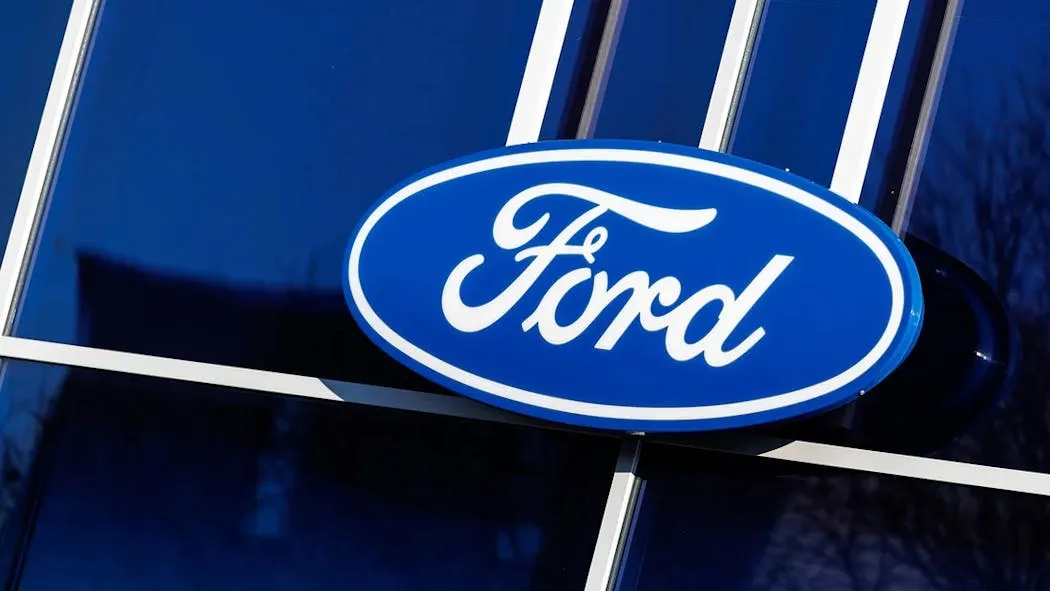Ford Recalls Over 1 Million Vehicles Due to Rearview Camera Issues
In a significant move to ensure customer safety, Ford Motor Company has announced a recall of more than one million vehicles across the United States. This decision was made after it was discovered that a defect in the rearview camera system could potentially lead to safety hazards while backing up.
The Scope of the Recall
The recall affects various models of Ford’s most popular cars, trucks, and SUVs. The problem pertains specifically to rearview cameras that may not function correctly. In some cases, the camera may not display any image on the dashboard screen, or the image might be distorted or out of alignment.
This defect undermines the primary objective of rearview cameras, which is to provide drivers with a clear view of the area behind their vehicles while reversing. The National Highway Traffic Safety Administration (NHTSA) has classified this issue as a significant safety concern, as it could lead to accidents and injuries.
History of Backup Cameras
Backup cameras have become a standard safety feature in modern vehicles. They were first mandated by the NHTSA in 2014 for all new passenger vehicles in the U.S. to help reduce the number of backing-related accidents. Since then, manufacturers like Ford have worked diligently to integrate these systems into their vehicles. However, despite advancements in technology, defects like the current issue demonstrate that vigilance is constantly needed to enhance vehicle safety.
Details of the Recall
Ford’s recall pertains to approximately 1.3 million vehicles sold in North America, including popular models such as the:
- Ford Explorer (2016-2021)
- Ford F-150 (2016-2021)
- Ford Escape (2016-2021)
- Ford Mustang (2016-2021)
- Ford Transit (2016-2021)
Owners of the affected vehicles will soon receive notification letters from Ford, advising them to schedule a service appointment. During this appointment, Ford dealers will inspect the camera systems and perform necessary repairs at no charge to the owner.
Potential Consequences of Backup Camera Failures
The significance of functioning rearview cameras cannot be understated. The risk associated with defective backup cameras includes:
- Increased Accident Risk: Without proper visibility, drivers may fail to see obstacles or pedestrians while reversing, leading to potentially serious accidents.
- Property Damage: Backup camera failures could result in collisions with other vehicles, structures, or property, leading to costly damages.
- Liability Issues: In case of an accident caused by a malfunctioning vehicle component, companies like Ford may face legal challenges, which can result in financial implications and damage to brand reputation.
Company Response and Future Actions
Ford is committed to customer safety and satisfaction. The company has expressed its determination to address the problem swiftly, as demonstrated by the comprehensive recall process. Alongside repairs, Ford plans to enhance quality checks in the production line to prevent similar issues from arising in the future.
Ford has emphasized the importance of drivers being proactive. The company recommends that vehicle owners routinely check their backup cameras to ensure they are functioning properly. If any abnormalities are noticed, they should be reported immediately.
How to Address Potential Issues
Vehicle owners can take the following steps to address potential issues with their backup cameras:
- Check for Notifications: Be on the lookout for a notification letter from Ford. If you believe your vehicle may be affected, you can also visit Ford’s official website and enter your vehicle identification number (VIN) to check for recall details.
- Schedule an Appointment: If your vehicle is included in the recall, schedule an appointment with your local Ford dealer or authorized service center as soon as possible.
- Perform Regular Checks: Periodically check that your backup camera displays the image correctly and ensure that the lens is clean and free from obstructions.
Community Reactions
The announcement of the recall has elicited mixed reactions from the public. While many appreciate Ford’s quick response to address safety concerns, some have expressed frustration over recurring issues with vehicle technology. Social media platforms have seen active discussions, with some drivers sharing their personal experiences with vehicle malfunctions.
Many Ford enthusiasts remain loyal to the brand, citing past experiences where the company’s customer service came through on safety concerns. However, skepticism exists among a segment of drivers who feel that automotive companies should invest more in quality control to prevent such malfunctions.
The Importance of Vehicle Safety
Ultimately, vehicle safety remains a paramount concern for manufacturers and consumers alike. Incidents such as these remind us of the critical role technology plays in safe driving. As vehicles become increasingly equipped with advanced technological features, manufacturers must prioritize reliability and customer feedback.
As recalls continue to be a part of the automotive landscape, both manufacturers and consumers must engage in ongoing dialogue surrounding vehicle safety, advancing quality control measures, and ensuring that technology serves its intended purpose effectively.
Conclusion
Ford’s recent recall of over 1 million vehicles emphasizes the company’s commitment to safety, transparency, and consumer well-being. By addressing concerns related to rearview cameras, Ford aims to reduce the risks associated with driving. This incident serves as both a reminder of the importance of vehicle safety features and a call to action for automotive manufacturers to continuously improve their technology and quality assurance processes.







